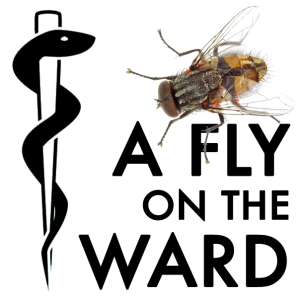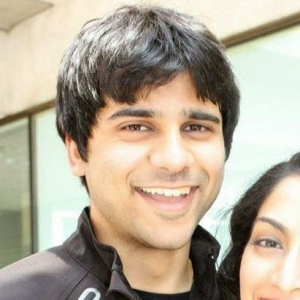View From the Other Side
“He always does this, it’s unbelievable!” My preceptor’s voice was unmistakable. We had just finished our first case and I had momentarily left to get some coffee. “This is getting unacceptable, someone needs to bring this up to the board!” I had never seen him so worked up after having worked with him over the course of the week.






